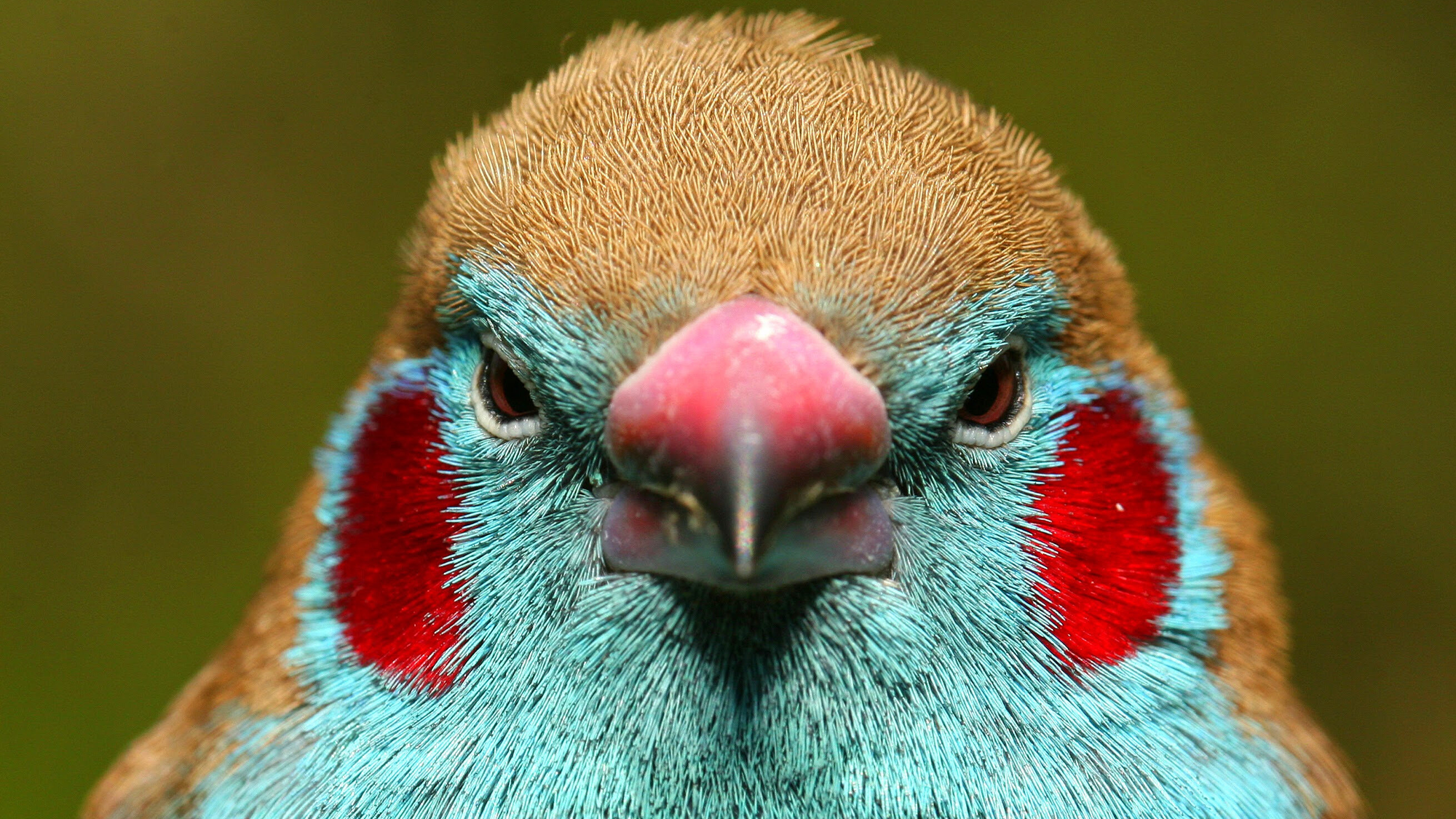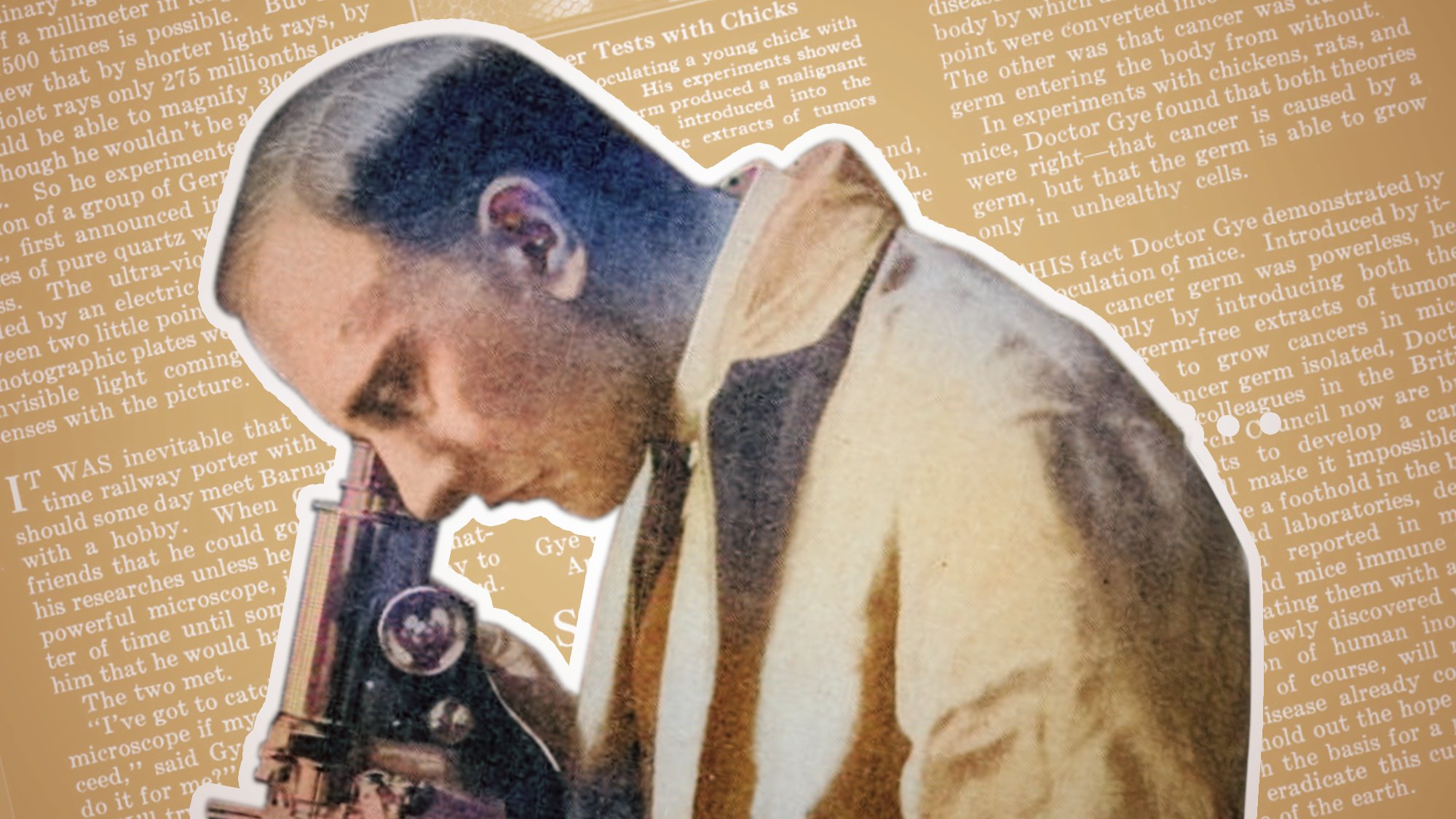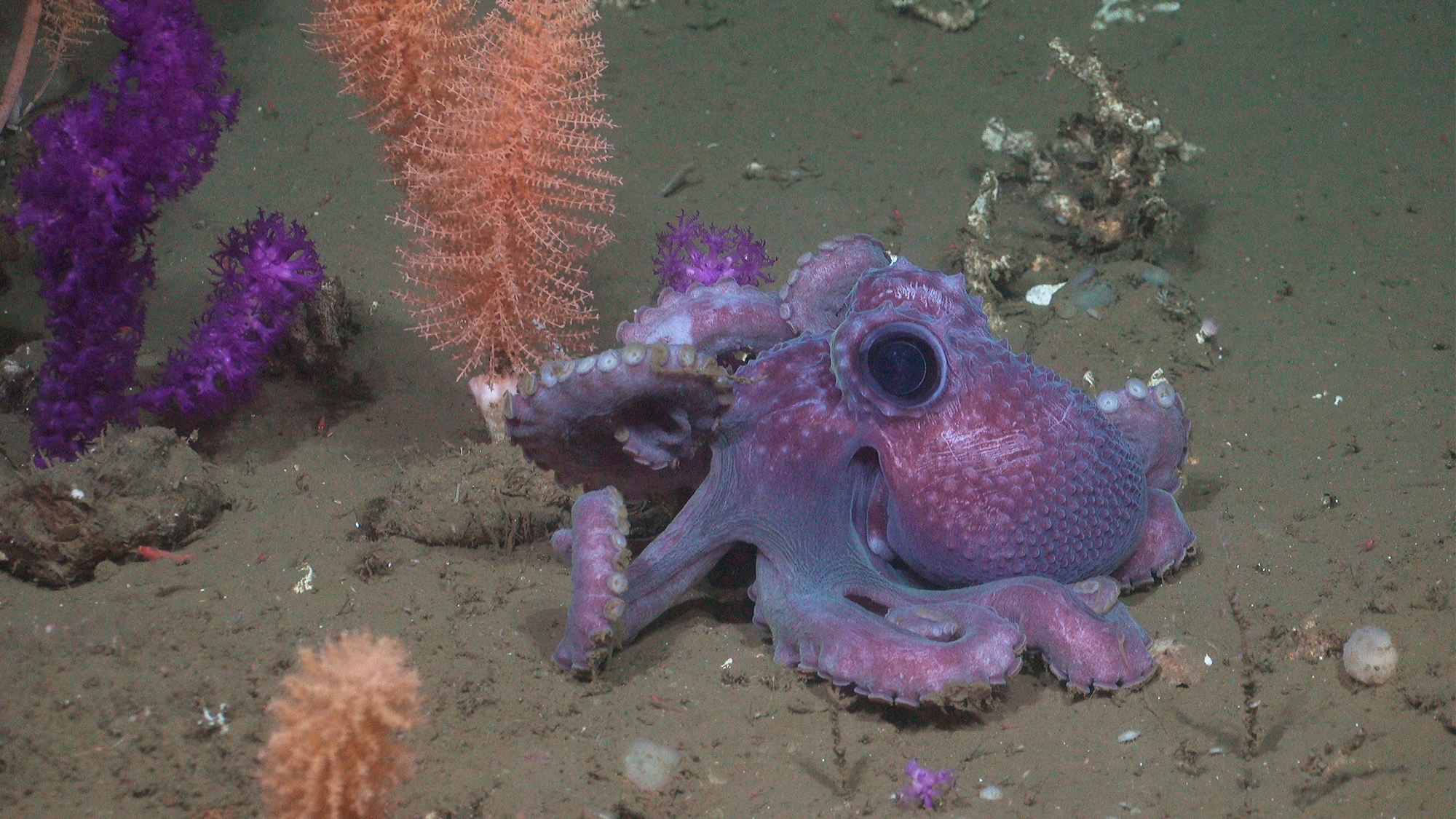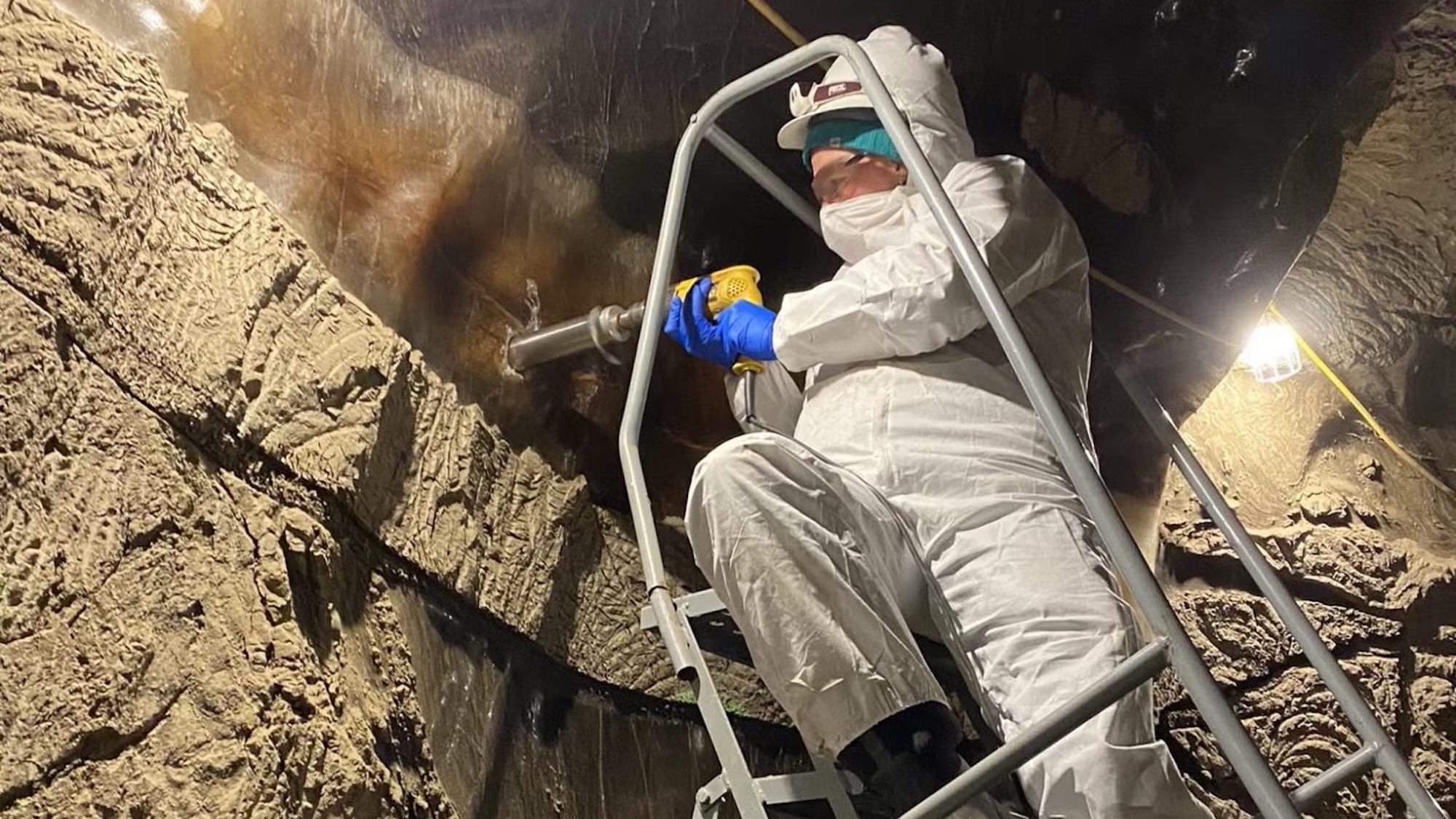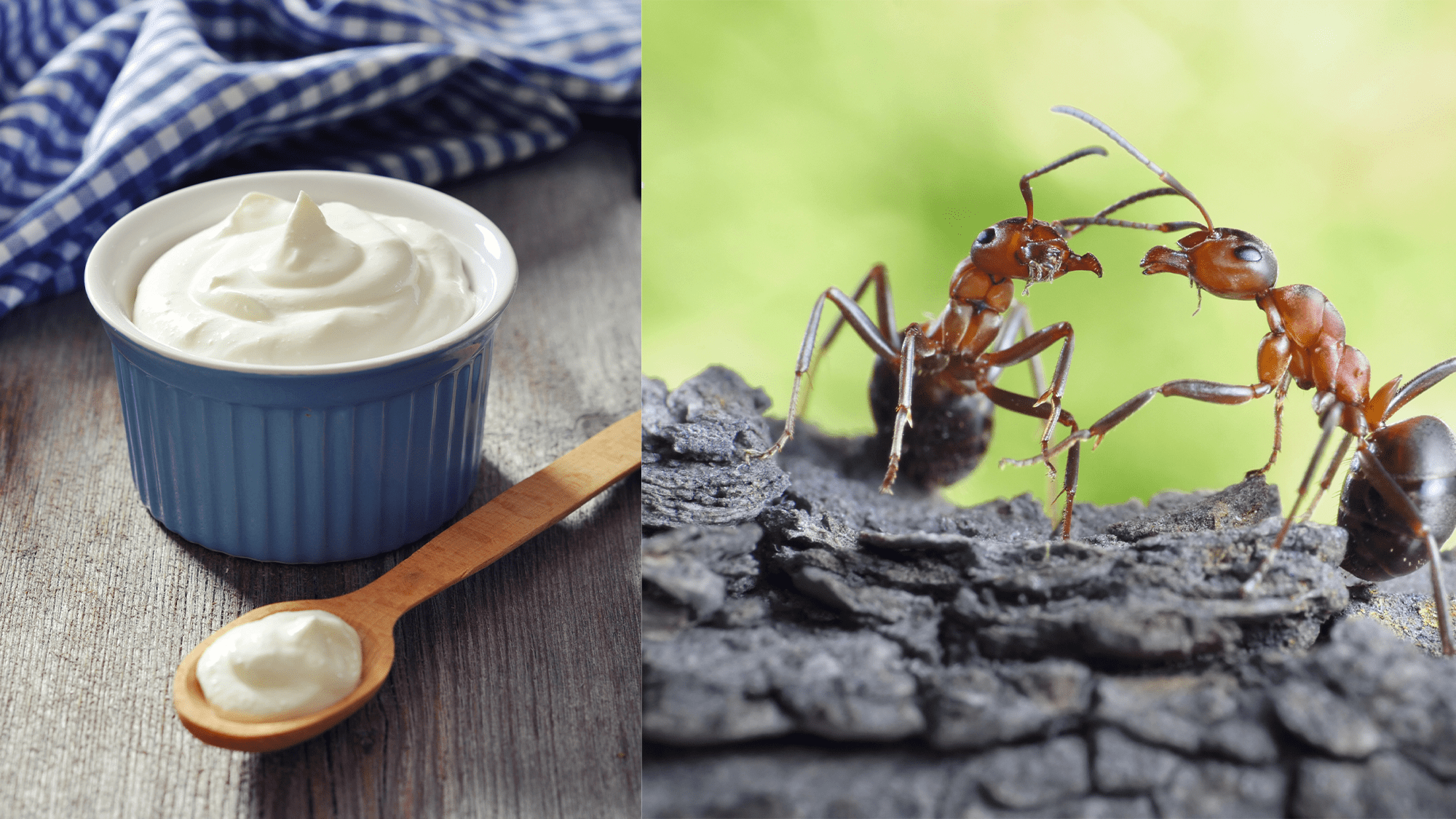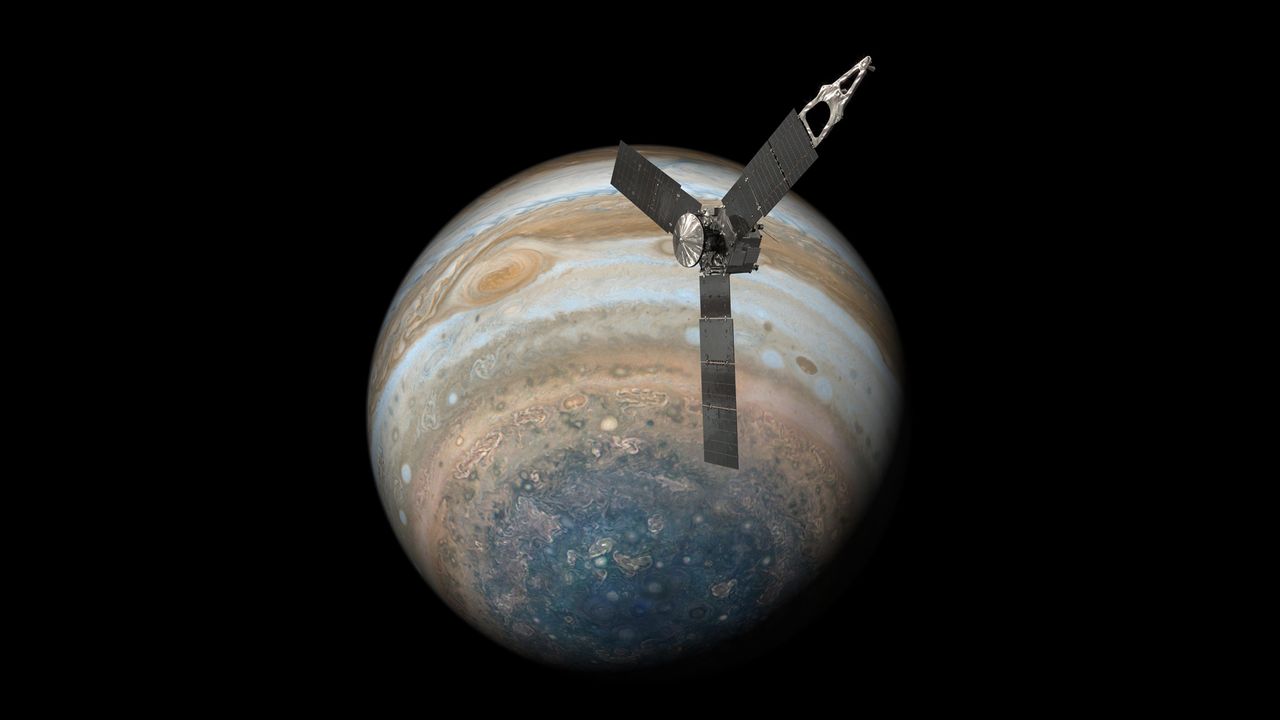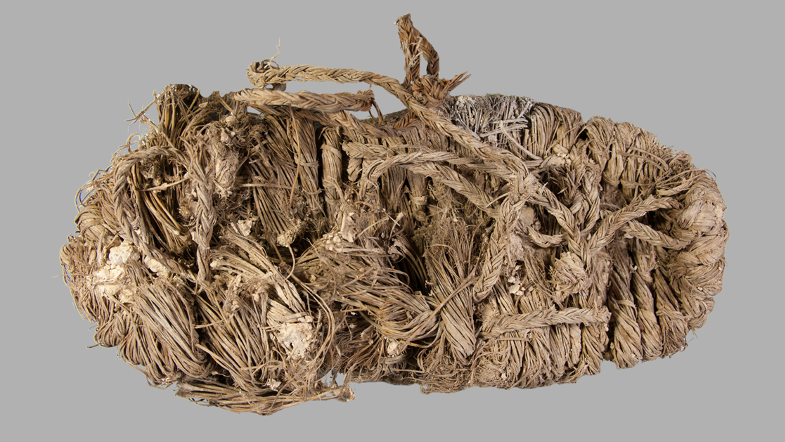Ernest Shackleton knew ‘Endurance’ had shortcomings, new study says
NegativeScience

A recent study reveals that Ernest Shackleton was aware of the shortcomings of his ship, the Endurance, which faced significant issues with its hull and deck beams. This matters because it highlights the challenges faced during the historic Antarctic expedition and raises questions about the ship's design and preparedness for the harsh conditions of the sea ice.
— Curated by the World Pulse Now AI Editorial System



